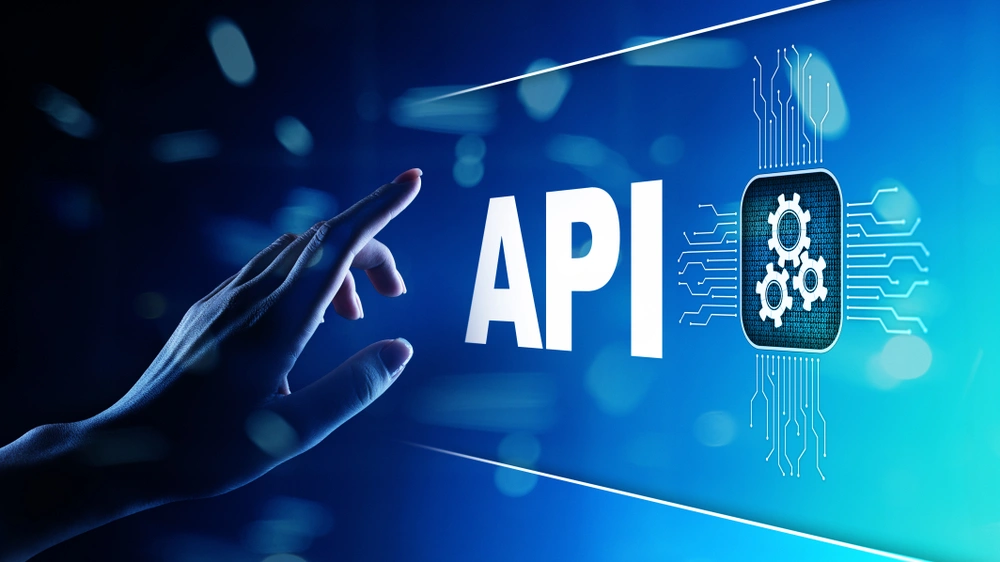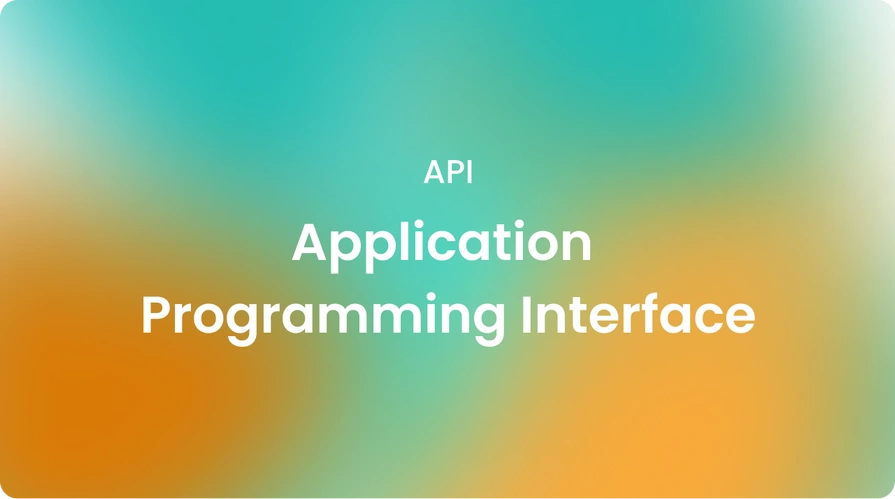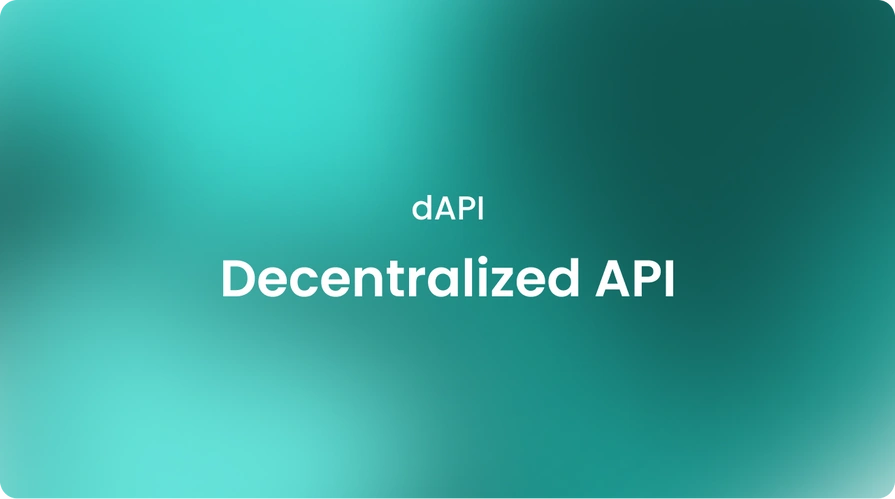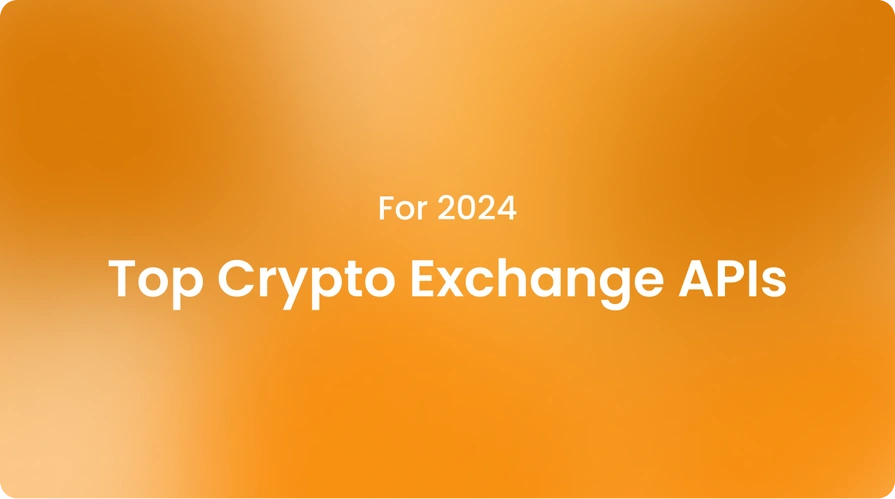|technology, knowledgehub
What Is SDK vs. API?
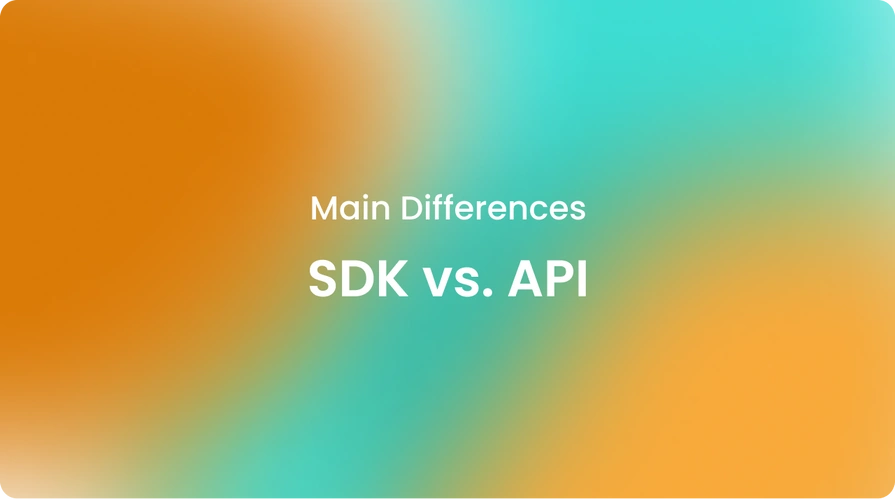
As modern applications become more complex with expanding features and functionality, developers often turn to useful tools like SDK and API to simplify development and add capabilities.
However, the differences between software development kits (SDKs) and application programming interfaces (APIs) can be unclear. Join us in this guide as we explore SDK vs. API, what they are, how they work, their benefits, and when each should be used. Let’s begin with the basics of SDK!
What is an SDK? How does the SDK work?
An SDK includes all the necessary components for developing applications on its designated platform. It bundles code libraries, sample projects, tools for debugging, testing, and more.
Using an SDK means developers can spend less time dealing with lower-level implementation details and focus instead on their unique application aspects. Developers import and integrate the SDK's code libraries right into their project source.
This provides direct access to built-in features like push notifications, location services, and more without knowing Android's inner workings. Software development kits handle compatibility, so apps work across various Android versions and devices.
What is the purpose of the SDK? SDK benefits
In addition to simplifying development, SDK benefits include streamlined updates since platform changes don't require app code updates. Comprehensive documentation and examples further lower the learning curve. SDKs have a variety of uses.
However, their main purpose is to streamline application development for a given environment. For example, mobile SDKs like Android SDK and iOS SDK contain everything developers need to create apps for those devices: code libraries, IDEs, API access, samples, and documentation.
SDK and crypto service providers like Cryptobunq offer custody and wallet, crypto exchange API, crypto checkout and invoicing, batch crypto payments, and many more solutions all in one place as a one-stop shop crypto service provider.
What is an example of an SDK?
An SDK is a comprehensive set of development tools, libraries, sample code, documentation, and resources provided by a platform or technology vendor. Its purpose is to allow external developers to build customized software solutions that are compatible with the vendor's ecosystem.
A good example is Google's Android SDK, which includes everything Android developers need to create apps that seamlessly integrate with core system functions and APIs.
For instance, Cryptobunq, a crypto-friendly digital bank that offers various services in crypto and blockchain, provides SDKs for iOS, Android, and the web that make it quick and easy to incorporate crypto wallet functionality into an app.
Why are SDKs important? What are the SDK tools?
By streamlining development workflows, software development kits offer several important benefits. They accelerate the design and build process with shortcuts, templates, and the automatic handling of lower-level tasks. This translates into significant time savings with the development tools, such as:
- Code libraries
- IDEs/editors
- API access
- Documentation
- Samples
- Debuggers
Is an SDK just a library?
Software development kits not only include libraries but also provide a comprehensive development environment and support services.
Code libraries alone don't provide the complete development environment and support services that SDKs do. A key distinction is that libraries are usually narrow in scope, offering a specific chunk of code functionality, unlike SDK.
What is an API? How do APIs work?
Application programming interfaces are designed to be platform-agnostic. An API exposes available operations in a software application or web service via a predefined interface. It defines acceptable ways to interact or communicate with the external system.
Developers make HTTP requests to API endpoints defined in the documentation. The API then processes the request and returns a response, commonly in JSON format.
This response may include the requested data or a processing result. A well-crafted API promotes loose coupling, avoiding dependency on implementation details.
API use cases and benefits
Common API uses include authentication, retrieving data, uploading content, and more. For example, the Stripe API enables accepting payments, while Mapbox APIs power location and map features. Integration with these services avoids duplicating their complex functionality.
Additionally, APIs encourage code reuse and modular development. Interface changes don't require updating dependent code. They also unlock access to a huge variety of services, massively extending application capabilities with minimal effort.
For example, integrating with Cryptobunq enables cryptocurrency features via their robust API suite. CBQ provides expert crypto exchange API solutions for your individual and business needs. By integrating API solutions from Cryptobunq into your business, you can experience crucial growth.
Is an API just a library?
While an API can incorporate code libraries, it's not solely a library. An API defines a standard way for different software to communicate with each other. It allows one application to make use of the functions or features of another application or system.
Is SDK the same as API?
While related, SDK and API have some key differences. SDKs tailor to a specific ecosystem with integrated tools, while APIs establish generic interfaces. Furthermore, SDKs emphasize simplifying development, whereas APIs focus on enabling external interconnectivity.
What is the SDK for the REST API?
REST API integrates with corresponding SDKs. For instance, Amazon’s popular AWS SDKs make it simpler to create, configure, and call AWS services from applications using supported languages.
The SDKs essentially provide wrapper functions and objects that generate the proper API requests behind the scenes. Therefore, even though they are related, they are not the same.
What is the difference between SDK, API, and library?
A software development kit is a complete development kit that enables building apps for a specific platform with tools like libraries, compilers, and more.
Application programming interfaces define a common way for different software to communicate and share data and functionality in a standard format like JSON or XML.
Applications call libraries to perform specific tasks, such as accessing a database or rendering images. SDK and API often include libraries.
What is the advantage of SDK over API, and API over SDK?
While APIs provide simple interfaces, SDKs deliver even more robust development functionality.
- SDK bundles full-fledged frameworks that handle more complex tasks out of the box.
- Their included libraries, debuggers, and standard practices promote quicker coding, as well as best practices.
- Documentation and samples in SDKs help onboard developers faster with less initial overhead.
While SDKs provide heavyweight integrated solutions, API emphasizes:
- Lightweight interfaces that consume minimal resources.
- Because they require only HTTP/S, language and platform independence.
- Loose coupling simplifies managing and updating independent modules.
- Users can freely mix and match services with a "building block" mentality.
- Underlying service implementations do not affect the creation of uniform access patterns.
When should I use API and SDK?
As a general rule, SDKs are best suited for building out applications, while APIs are better suited for expanding existing functionality or integrating disparate systems. More specifically:
- Use SDKs for initial development on a given platform, like mobile or the web. They accelerate setup and standardize integration.
- Utilize application programming interfaces for integrating plug-ins, add-ons, or "connectors" between separate programs once an application has been developed.
SDKs are best for platform-specific native applications, tools, or middleware, whereas APIs foster loose coupling and optional integration.
Additionally, software development kits ensure standards compliance, centralized updates, and reliability for client applications. APIs work better for incorporating external services, particularly real-time data and transactional actions.
Do you have to choose between SDK and API?
In many cases, the optimal approach leverages both SDK and API together rather than choosing one over the other. SDKs deliver full-featured development environments, while APIs allow for composable interfacing down the line.
Developers can use the Cryptobunq solutions to integrate cryptocurrencies and stablecoins into their apps, allowing them to access crypto services while still communicating with backend systems via RESTful API.
Contact us today to learn more about our crypto and blockchain services, as well as how they can contribute to your projects' fundamental growth. Also, make sure to check out our case studies to find out our latest Web3 reports and learn more about our expertise!

